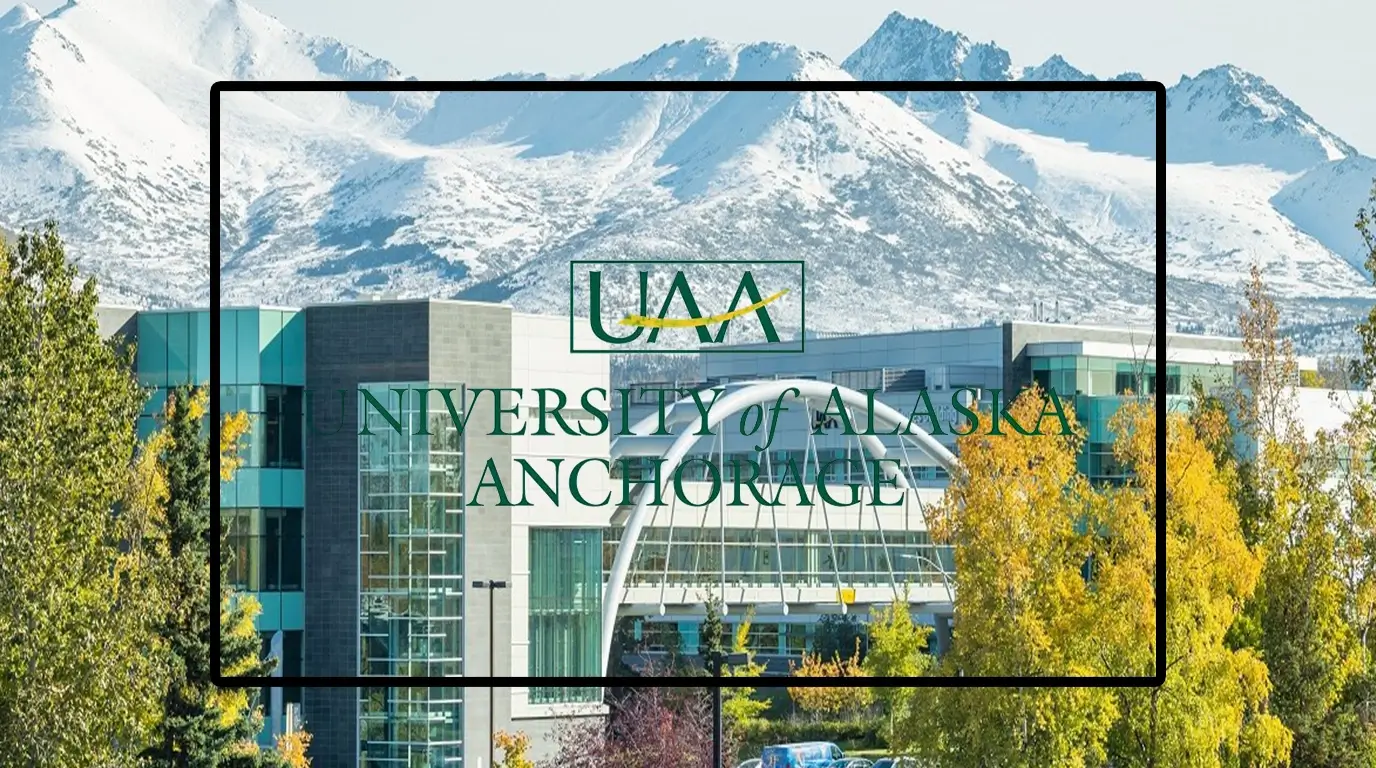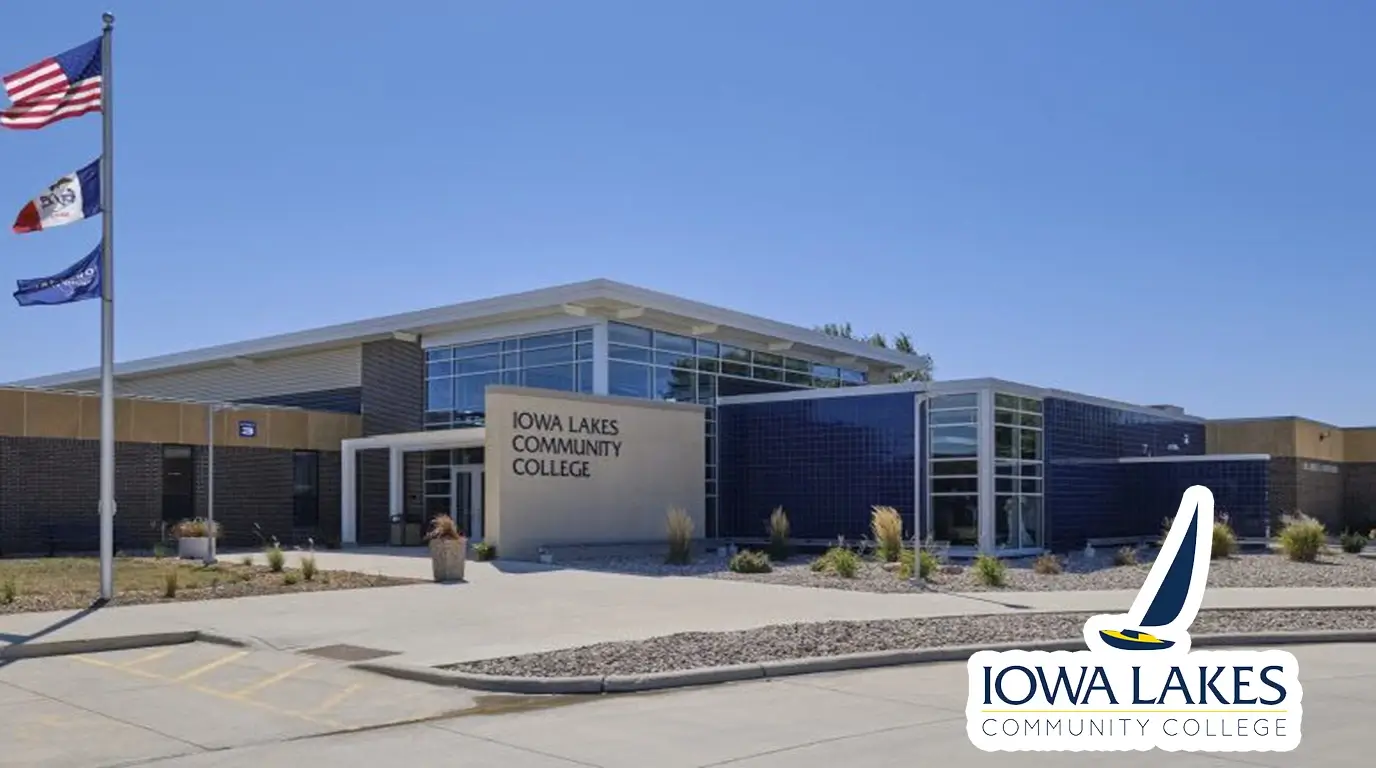Becoming a Paralegal in Wisconsin – Your State-Specific Guide
Here’s something to chew on: Did you know Wisconsin’s got over 4,000 paralegals keeping the legal gears turning, with steady growth fueled by the state’s mix of urban hubs and rural courts? If you’re looking to dive into a legal career in Wisconsin without the marathon of law school, becoming a paralegal in Wisconsin might just be your perfect play. I’ve been around this game—worked as a paralegal, guided folks starting out, and even helped tweak career sites to get people noticed. Wisconsin’s legal scene stretches from Milwaukee’s big firms to Madison’s government offices, and paralegals are the quiet force making it all click. This guide’s packed with Badger State specifics to get you rolling.
Paralegals here aren’t just filing papers—they’re digging into case research, drafting documents, and keeping attorneys on their toes. Whether you’re dreaming of law firm jobs in Wisconsin or a steady gig with the state, I’ve got the real scoop for you. Let’s walk through it, nice and easy, with some practical insights from someone who’s been there.
Paralegal Definition and Regulation in Wisconsin
So, what’s a paralegal in Wisconsin? The state doesn’t have a formal legal definition carved out, but the Wisconsin Supreme Court has a working idea. They describe a paralegal as someone with enough education, training, or experience to handle “substantive legal work” under an attorney’s supervision. Want a deeper look? Check out what a “paralegal” really does, but in essence, you’re the attorney’s go-to—tackling the heavy lifting while they steer the course.
Regulations? Wisconsin keeps it pretty relaxed. There’s no state license or mandatory certification to become a paralegal in Wisconsin. The State Bar of Wisconsin doesn’t offer a voluntary credential either—no official badge to chase. That said, you’re not totally free and clear. Working under an attorney means you’re bound by their ethical rules—keeping client info under wraps and not stepping into lawyer territory like giving legal advice. It’s a straightforward setup with some serious undertones.
- Key Takeaway: No strict state regs for paralegals in Wisconsin—just stick to the ethical playbook under your attorney’s watch.
Education Requirements and Recommended Programs in Wisconsin
Let’s talk school. Does Wisconsin demand a specific degree to become a paralegal? Nope, not by law. But here’s the deal: most employers—especially in Milwaukee or Madison—want to see some education on your resume. You might snag a gig with just experience, but that’s like finding a parking spot at Lambeau on game day—rare. An associate’s, bachelor’s, or certificate in paralegal studies is what’ll get you in the door as a paralegal in Wisconsin.
The American Bar Association approves some programs, and those ABA-approved programs are a big deal with hiring folks. They show you’ve got the chops—legal research, writing, ethics—that you’ll use every day on the job.
Recommended Paralegal Education Programs in Wisconsin
Here’s a rundown of some solid paralegal education programs in Wisconsin I’d point you toward:
- Milwaukee Area Technical College (MATC) – ABA-approved Associate in Applied Science in Paralegal Studies. Milwaukee-based, with hands-on courses and internship options.
- Madison Area Technical College (Madison College) – ABA-approved Associate in Applied Science in Paralegal Studies. Madison’s go-to, with online and in-person flexibility.
- Fox Valley Technical College – ABA-approved Associate of Applied Science in Paralegal Studies. Appleton-based, strong for the Fox Valley area.
- University of Wisconsin-Milwaukee – Certificate in Paralegal Studies. Not ABA-approved, but a respected option if you’ve already got a degree.
Online Paralegal Programs for Wisconsin Residents
Too busy for campus? Online’s your friend. Madison College and FVTC offer virtual tracks, and national providers like CLS by BARBRI work for Wisconsin folks too. It’s perfect for fitting legal assistant training in Wisconsin into your schedule—especially if you’re up in Superior or juggling a job.
- Key Takeaways:
- No legal education requirement, but employers expect it.
- Associate’s, bachelor’s, or certificates are your main paths.
- ABA-approved programs give you a leg up.
Paralegal Certification and Credentials in Wisconsin
Certification’s a big question. Is it mandatory in Wisconsin? Nope, not by the state. There’s no Wisconsin-specific paralegal certification you have to chase—no official program from the State Bar or anywhere else. It’s all voluntary if you want to go for it.
Nationally Recognized Certifications Relevant in Wisconsin
What matters are the national heavyweights: NALA’s Certified Paralegal (CP) from NALA and the NFPA’s CORE Registered Paralegal (CRP). The CP’s a tough exam—legal research, ethics, the whole deal—but passing it says you’re legit. The CRP’s another solid credential, testing your core skills. Both are optional, but they pop in Wisconsin’s job market.
Benefits of Certification in Wisconsin
Why bother? When I was hiring, a CP on a resume told me this person’s serious—ready to roll. It can nudge your average paralegal salary in Wisconsin higher and open doors to better gigs—like corporate law in Milwaukee or litigation in Madison. Plus, it’s a confidence boost, knowing you’ve got something official to back you up.
- Key Takeaways:
- No state-required certification in Wisconsin.
- National creds like NALA CP or NFPA CRP stand out.
- Certification means better pay and credibility.
Paralegal Associations in Wisconsin
Networking’s a game-changer, and Wisconsin’s got some good crews to connect with. Joining a paralegal association isn’t just resume fluff—it’s how you find mentors, job leads, and stay sharp.
State-Level Paralegal Associations in Wisconsin
- Paralegal Association of Wisconsin (PAW) – The statewide go-to since 1976. CLE events, job boards, and a tight-knit community.
- Milwaukee Area Paralegal Association (MAPA) – Milwaukee-focused, with networking and education for the metro crowd.
Benefits of Joining a Paralegal Association in Wisconsin
These groups are goldmines—think networking events where you might bump into someone hiring for law firm jobs in Wisconsin. My first paralegal gig came from a PAW meetup—seriously, it happens. They also offer continuing legal education (CLE) to keep your skills fresh and your career moving.
- Key Takeaways:
- PAW and MAPA are your top associations in Wisconsin.
- Networking and CLE can jumpstart your path.
Job Market Outlook and Salary for Paralegals in Wisconsin
Let’s get to the meat: jobs and money. The paralegal career outlook in Wisconsin is steady, with a growing field across the state.
Current Job Market for Paralegals in Wisconsin
The Bureau of Labor Statistics counted 4,350 paralegals in Wisconsin in 2023, mostly in Milwaukee, Madison, and Green Bay. Big firms like Foley & Lardner in Milwaukee scoop up talent, but don’t overlook government roles—like the Wisconsin DOJ—or smaller practices in Eau Claire. Check out the job market for paralegals for a wider view.
Average Paralegal Salary in Wisconsin
BLS pegs the average paralegal salary in Wisconsin at $58,220 in 2023—about $28 an hour. Milwaukee’s higher, around $61,000, while rural spots like Wausau dip to $45,000-ish. Experience, education (that CP helps!), and specialties—like real estate or family law—can push you past the average. Want more? Dig into paralegal salaries.
Job Growth Projections for Paralegals in Wisconsin
Projections Central says Wisconsin’s paralegal jobs will grow 7.8% through 2030—above the national 4.2%. That’s about 500 openings a year, counting replacements. It’s a solid outlook, especially with Wisconsin’s legal hubs holding strong.
- Key Takeaways:
- Decent job market, strongest in Milwaukee and Madison.
- Average salary: $58,220, with room to grow.
- Growth at 7.8%—steady future ahead.
Key Takeaways: Steps to Becoming a Paralegal in Wisconsin
Ready to get started? Here’s your quick roadmap:
- Research paralegal programs in Wisconsin—MATC or Madison College are good picks.
- Pick your education: associate’s, bachelor’s, or certificate.
- Look at ABA-approved programs for extra cred.
- Explore certs like NALA’s CP or NFPA’s CRP.
- Join PAW or MAPA to network and learn.
- Start hunting for jobs in Wisconsin’s legal scene




